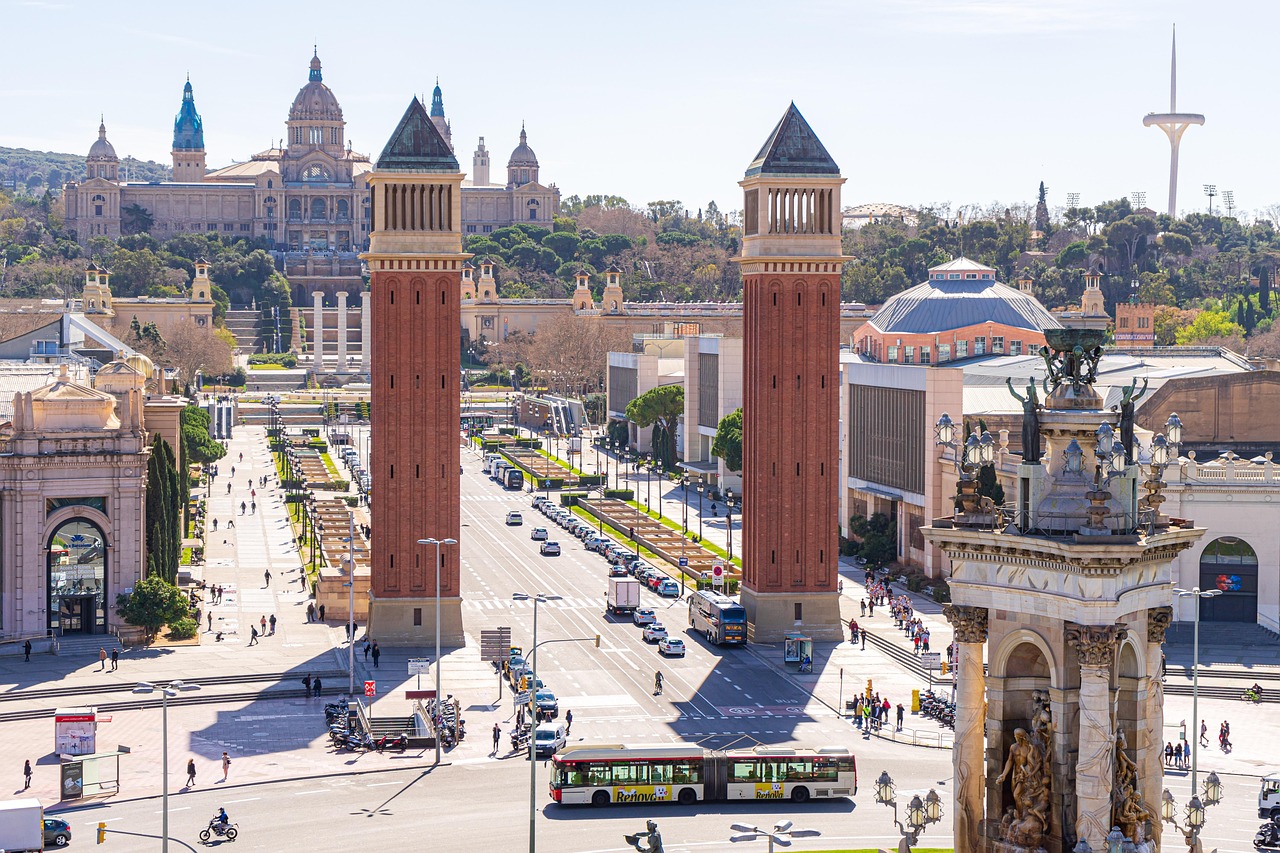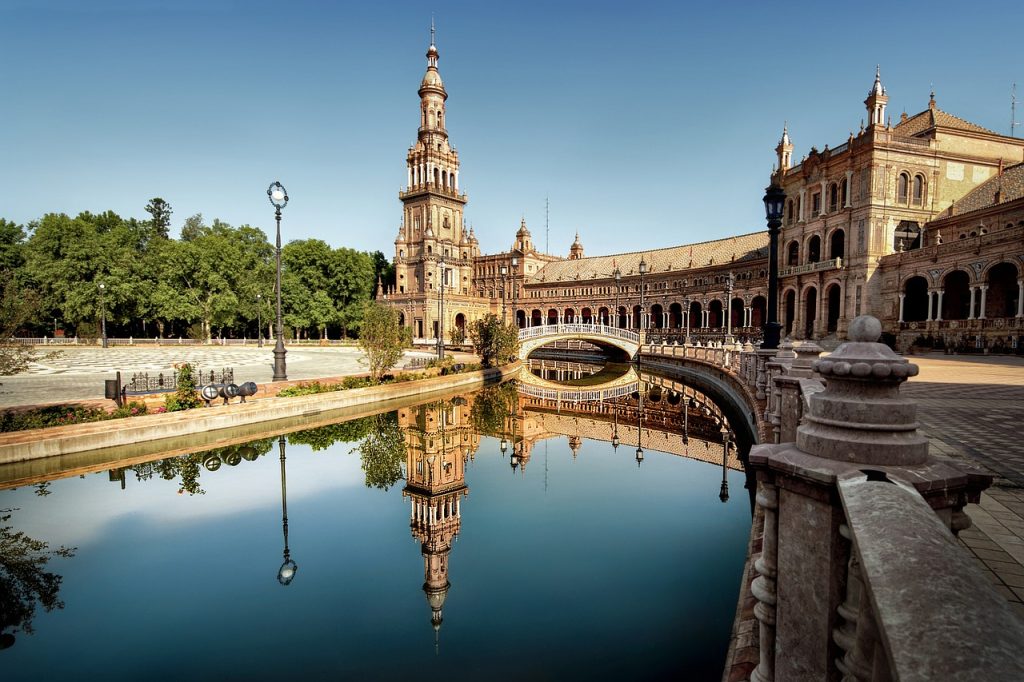A Guide to Housing in Spain for Canadian Expats
Finding the right housing in Spain is fundamental to your new life. The process of renting or buying property can be quite different from what you’re used to in Canada. This guide will walk you through both options, providing the clarity you need to find your perfect home with confidence.
Renting vs. Buying: Your Options for Housing in Spain
Ideal for Flexibility & Simplicity
Renting is the most common starting point for new expats looking for housing in Spain. It offers the flexibility to explore different neighborhoods or even cities before committing long-term. The process is faster, and the initial financial outlay is significantly lower than buying.
Ideal for Investment & Stability
Buying a home is a major investment and provides long-term stability. It can be an excellent option for those certain about their location and looking to build equity. The process for this type of housing in Spain is more complex and requires significant legal and financial planning.
How to Rent an Apartment: A Guide to Rental Housing in Spain
- The Search: Use popular online portals like Idealista and Fotocasa. Be prepared to act quickly, as good apartments are rented fast.
- The Viewing: Schedule viewings and don't be afraid to ask questions.
- The Offer & Deposit: To reserve an apartment, you'll typically pay a reservation deposit (depósito de reserva).
- The Contract: The standard rental contract (contrato de arrendamiento) is for long-term stays. Review it carefully.
- The Payment: Upon signing, you will usually pay the first month's rent, a security deposit (fianza), and often an additional guarantee or the agent's fee.
How to Buy Property: An Overview of Property Housing in Spain
Get Your NIE: You cannot buy property in Spain without a NIE number.
Find a Lawyer & Agent: It is crucial to hire an independent lawyer (abogado) to represent your interests.
Make an Offer: Sign a reservation agreement (contrato de arras), paying a deposit (typically 10%).
Due Diligence: Your lawyer will conduct all necessary legal checks.
Sign the Deeds: You will sign the final public deed of sale (escritura pública) before a notary.
Pay Taxes & Register: You must pay property transfer taxes and register the property.
Expert Legal Support for Your Property Purchase
Buying property in a foreign country is a major legal and financial commitment. We strongly advise against doing it without professional representation. Our trusted legal partner specializes in Spanish real estate law, providing the due diligence and expert guidance needed to ensure your investment in housing in Spain is secure.




FAQ
Is it hard to find furnished apartments?
No, it’s very common to find fully furnished (*amueblado*) apartments for rent, a popular option for housing in Spain for expats.
What is the standard lease term for rentals?
The standard long-term rental contract in Spain is now typically for a mandatory one-year term for the tenant, with the right to extend up to five years.
Do I need a Spanish bank account to rent or buy?
Yes, for both processes, having a Spanish bank account is practically essential for paying rent, deposits, taxes, and utilities.
Can I get a mortgage in Spain as a Canadian?
Yes, it is possible for non-residents to get a mortgage from a Spanish bank, but they typically finance a lower percentage of the property value (around 60-70%).
How do I avoid rental scams?
Be wary of deals that seem too good to be true. Never pay a deposit without seeing the apartment and signing a contract. Use reputable platforms and agencies.

